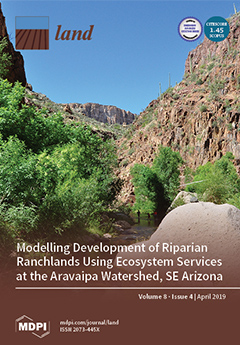Resource information
In conflict situations, many people are displaced because of hostility and arms in the area. Displaced people are forced to leave behind their properties, and this in turn interrupts the relationship between people and their land. The emergency period in particular has been identified as a weak point in the humanitarian response to land issues in post-conflict situations. In addition, during this period of response, most post-conflict governments do not prioritize land administration as an emergency issue due to other social, economic, security, and political challenges, which countries face in the immediate aftermath of the conflict. In the longer run, this results in post-conflict illegal land occupation, secondary occupation, numerous disputes and claims over land, and dysfunctional government institutions that legalize these illegal and secondary occupations. This research explores the nexus between displacement and land administration in a post-conflict context. It uses empirical data from fieldwork in Rwanda, and discusses how government interventions in land administration in emergency and early recovery periods of post-conflict situations affect future land administration during the reconstruction phase. The post-conflict Rwandan government envisaged proper land administration as a contributor to sustainable peace and security as it enhances social equity and prevents conflicts. Thus, it embarked on a nationwide systematic land registration program to register land all over the country with the aim of easing land administration practices and reducing successive land-related claims and disputes. However, the program faced many challenges, among which were continuous land claims and disputes. Our research anticipates these continued land claims and disputes are due to how land issues were handled in the emergency and early recovery period of the post-conflict Rwanda, especially during land sharing initiatives and Imidugudu (collective settlement policy).


